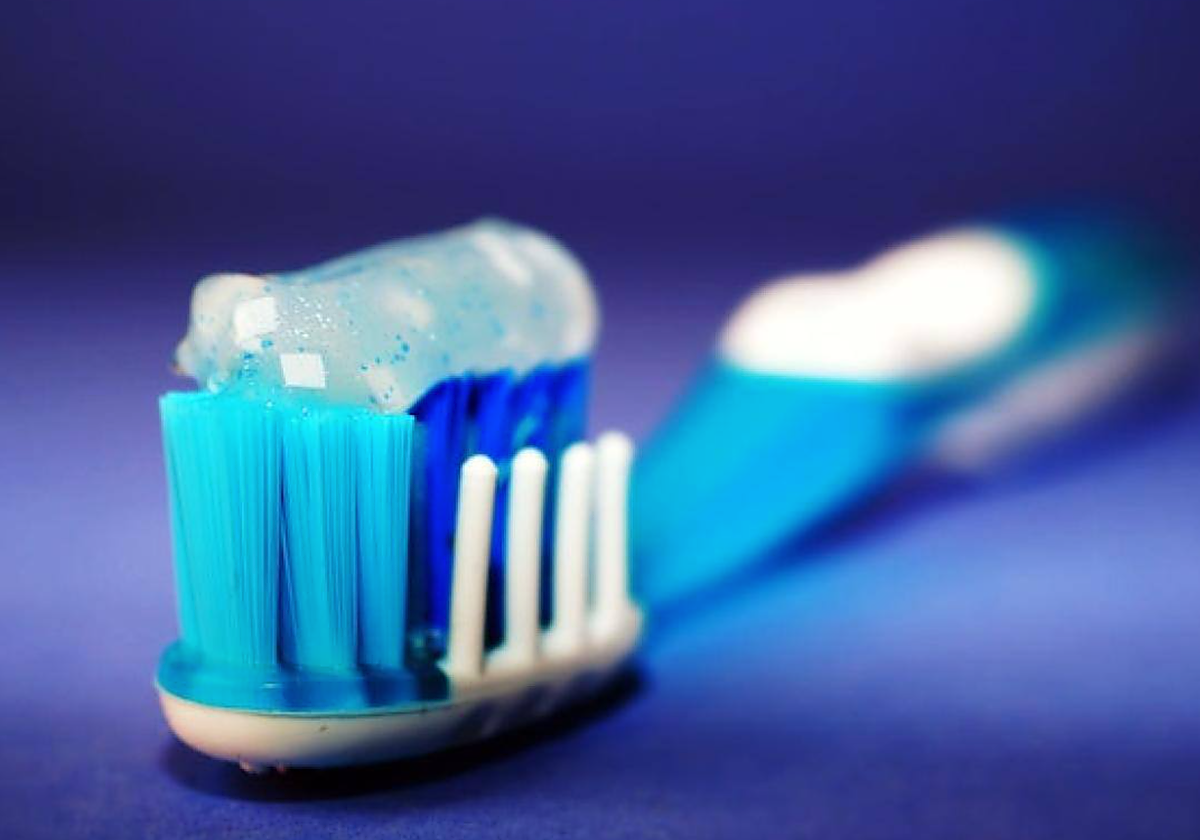Research shows link between heart disease and poor dental hygiene
According to a recent study conducted by Harvard University, poor oral hygiene at night can increase the risk of cardiovascular disease by up to 27%
Clara Alfonso
Valencia
Sunday, 5 May 2024, 23:37
The build-up of plaque is one of the main challenges for our daily routine to maintain good oral hygiene. It is a sticky, clear film that constantly forms on the teeth due to a combination of bacteria present in the mouth and food debris. If not properly removed through brushing and flossing, plaque can accumulate and then harden as tartar.
As well as being a common cause of tooth decay (caries) and gum disease (periodontitis), plaque bacteria can also be responsible for bad breath (halitosis). This is because the bacteria present in plaque can break down food debris and release sulphur compounds that smell unpleasant. However, plaque build-up not only affects oral health, but it can also have implications for the overall health of the human body.
Leading cause of death worldwide
According to a recent study conducted by Harvard University, poor oral hygiene at night can increase the risk of cardiovascular disease by up to 27%. A worrying figure considering that cardiovascular diseases are the leading cause of death worldwide.
Dr Kathleen T. Hogue, a periodontist at Tufts University in the USA, makes the pointtha t the mouth "is a mirror of overall health, and problems that arise in the mouth can have systemic effects." In other words, poor oral hygiene at night could lead to cardiovascular diseases such as atherosclerosis (narrowing of the arteries), coronary heart disease and even a stroke.
According to the Harvard research, one of the reasons why poor oral hygiene may be related to cardiovascular issues is that the increase in bacteria in the mouth, if not eliminated at night, proliferate and release toxins that negatively affect the body.
Inflammation also plays a crucial role. Periodontitis, caused by plaque and tartar build-up, leads to gum inflammation that may spread and increase cardiovascular risk. In addition, the bacterium streptococcus mutans, often associated with tooth decay, has also been linked to arterial inflammation and increased blood pressure. These are factors that can trigger conditions such as hypertension, thereby increasing the risk of a heart attack or stroke.
With regard to diabetes and obesity, Harvard says that these health issues can also be linked to poor oral hygiene. The presence of plaque and bacteria in the mouth can affect insulin control, increasing blood glucose levels.
Ultimately, the link between plaque build-up, inflamed gums and the risk of heart disease underlines the need to adopt rigorous oral care habits, especially before bedtime. The simple act of brushing and then flossing can have a significant impact on the overall health of the body. Therefore, maintaining a clean and healthy mouth not only contributes to a radiant smile, but also to a stronger and more protected heart.
